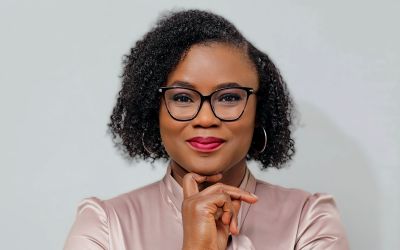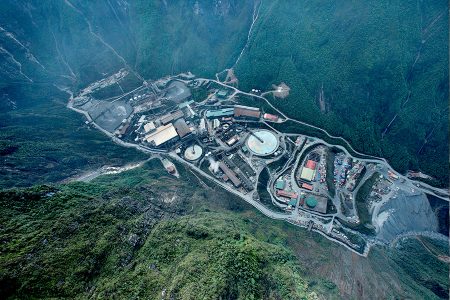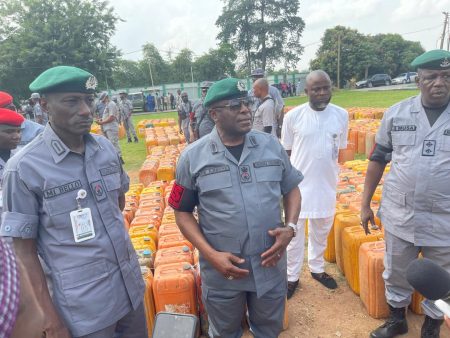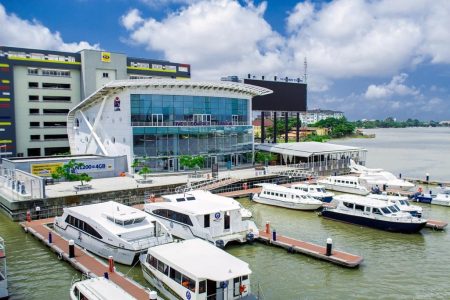
Esther Oritse
Lagos — AFRICA’s maritime shareholders have raised concerns over the continent’s inability to take advantage of the crucial opportunities in the global marine industry without addressing significant challenges.
Speaking during a marine and blue economy side event at the just concluded 29th United Nations Climate Change Conference (COP29), in Baku, Azerbaijan, finance took center stage as Africa’s maritime, A side event organized by Dr. Dola Oluteye, Principal Investigator of University College London’s Leading Effective Afrocentric Participation (LEAP) project, in collaboration with Nigeria’s Ministry for Marine and Blue Economy, addressed Africa’s maritime future.
The discussion, hosted at the Nigerian Pavilion, brought together experts, including Dr. Dola Oluteye of UCL; Ms. Kidanua Gizaw from the African Development Bank (AfDB); Mr. Heaky Dimowo from Nigeria’s Maritime and Administration and Safety Agency (NIMASA); Mr. Michael Mbaru from the Kenyan Maritime Authority; and Mr. Stanley Ahorlu, CEO of Prime Meridian Docks, who joined remotely.
The panel highlighted key issues, including ongoing International Maritime Organization (IMO) negotiations on greenhouse gas (GHG) emissions reduction in international shipping
Mr. Ahorlu emphasized that Africa, which owns just 2% of the global shipping fleet, largely consisting of aging vessels, faces challenges in retrofitting its fleets with modern, competitive technologies.
He urged aligning maritime investments with climate goals to attract funding, stating, “The private sector has a significant role to play in this transition. We need financial mechanisms that stimulate investment in maritime infrastructure.”
Dr. Oluteye called for prioritizing investments in green infrastructure and renewable energy projects to position Africa as a global leader in renewable energy supply. With over 90% of Africa’s trade relying on international shipping, she emphasized the economic urgency of restructuring regional trade and fiscal policies to address increased transport costs under IMO’s GHG Emissions Reduction Strategy.
Highlighting Africa’s abundant resources and youthful workforce, Dr. Oluteye described the potential for a “Green Industrialized Africa” powered by zero and near-zero emissions renewable energy. She cautioned against extractive energy production models that could exacerbate energy poverty, advocating instead for policies that place Africa’s growth at the forefront. “This reshaping must prioritize Africa’s development above exploitative practices,” she said.
Dr. Oluteye also called for robust policy frameworks to support sustainable industrial practices and foster private-public partnerships. “Engaging policymakers to create an enabling regulatory environment is critical,” she added. Echoing her views, Mr. Dimowo stressed the importance of innovative financing and unified strategies under the African Union to advance the maritime industry.
Ms. Gizaw of AfDB outlined the bank’s role in managing climate-related funds to support green maritime initiatives. She introduced the Climate Investment Fund (CIF), a multilateral initiative promoting renewable energy, clean technology, and circular economy projects, with a dedicated program to decarbonize the shipping industry through concessional loans, grants, and technical assistance.
Stakeholders opined that while Africa faces significant challenges in realizing the full potential of its marine and blue economy, they agree that strategic investments in green infrastructure and innovative policies can unlock vast economic opportunities for the continent.



